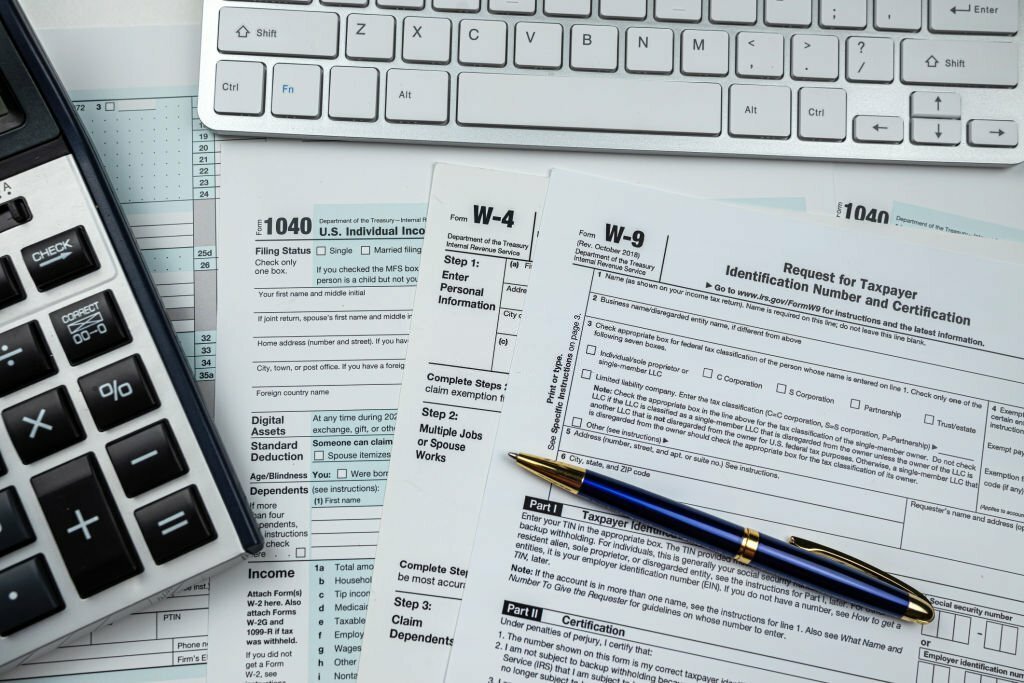Corporate tax is a tax levied on the profits of businesses. It is one of the main sources of government revenue in many countries.
The UAE introduced corporate tax in 2023. The corporate tax rate in the UAE is 9%, and it applies to all businesses with taxable income above AED 375,000. Businesses with taxable income below AED 375,000 are subject to a 0% corporate tax rate.
The UAE corporate tax regime is designed to be simple and transparent. It includes a number of features that make it attractive to businesses, such as:
A if corporate tax rate
A generous tax-free threshold
A number of tax exemptions and deductions
A modern and efficient tax administration system
The UAE corporate tax regime is also in line with international best practices. It is compliant with the OECD Model Tax Convention and the BEPS (Base Erosion and Profit Shifting) Action Plan.
The introduction of corporate tax in the UAE is a significant development for the country. It is expected to generate significant revenue for the government, which will be used to fund essential services and infrastructure. The corporate tax regime is also expected to make the UAE a more attractive destination for foreign investment.
Here are some of the benefits of the UAE corporate tax regime for businesses:
Competitiveness: The UAE corporate tax rate is one of the lowest in the world, making the UAE a more competitive destination for businesses.
Simplicity: The UAE corporate tax regime is designed to be simple and transparent, making it easy for businesses to comply with their tax obligations.
Efficiency: The UAE corporate tax administration system is modern and efficient, which minimizes the compliance burden on businesses.
Stability: The UAE corporate tax regime is stable and predictable, which gives businesses confidence to invest and grow.
Overall, the UAE corporate tax regime is a positive development for businesses. It is expected to make the UAE a more attractive destination for foreign investment and help businesses to grow and thrive.
